“As an LGBTQIA+ Muslim, One is Often Expected to Choose a Side—You Can Either Be Muslim or Gay”
In conversation with the founder of The Queer Muslim Project, a movement founded as a safe haven for LGBTQIA+ Muslims


A practising LGBTQIA+ member, in any religious set-up, is often faced with an additional predicament: not only are they considered a non-adhering faction (for their sexual orientation) by a majority in the faith, they are sometimes also ostracised by the LGBTQIA+ community for their religious beliefs.
A believer can’t be gay, the former claim. One can’t be queer and religious, the latter opines.
It was this dilemma that Rafiul Alom Rahman wanted to rid the community of—the feeling of being alienated by your own; of being a minority within a minority. Starting at home, he founded The Queer Muslim Project (TQMP), to provide the LGBTQIA+ Muslims a platform to be heard, acknowledged, supported, and belong to.
“As an LGBTQIA+ Muslim, one is often expected to choose a side—you can either be Muslim or gay,” he tells Cosmo India. “Most mainstream Islamic scholars and faith leaders look at homosexuality as a sin, a cause for damnation.”
True for most religions. And not to take away from the comforting fact that there are also sections in every religion that think otherwise, and refuse to pit sexual choices against religion beliefs. “There’s a different school of thought in Islam, too—with a body of research to support them—comprising names such as Dr Amina Wadud, Dr Scott Kugle and others. They use a rights-based approach to understand and explore equality and justice within the Islamic theology,” Rafiul explains. “There are also initiatives such as queer-inclusive mosques, like the Unity Mosque in Toronto, Canada. But despite all that, LGBTQIA+ Muslims around the world continue to face prejudice, even violence.”
“And Islamophobic attitudes in conventional LGBTQIA+ spaces render queer Muslims invisible within the community, too,” he continues.
TQMP was born out of the need to build awareness about all this. “And to be able to be ourselves,” Rafiul adds. “Through digital advocacy, TQMP seeks to amplify the muffled voices, and create global networks of support.” He tells us the response has, by and large, been great so far, both from the LGBTQIA+ community as well as Muslim allies. “We began as a social media page in 2017. Not only has our following increased exponentially since, but we have also grown into an offline movement, collaborating with other organisations and activists to provide our followers physical spaces to meet, find community and healing, and share their stories, in person.”
more from Life

What are sad girl dinners and careless coffees?

Why 'The Devil Wears Prada 2' isn’t about nostalgia, but power dynamics

From pyjama workouts to Traitors on the treadmill: 8 people on how they learned to love exercise
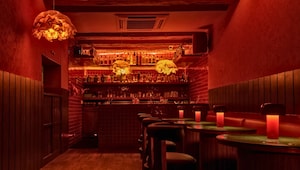
Sip, flirt, repeat: Inside New Delhi’s most discreetly delicious cocktail bar

Is 'Bridgerton' season 4 saving its juiciest drama for Part 2?
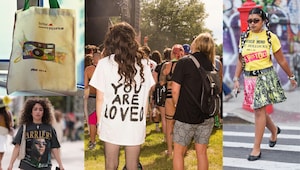
The rise of ‘I want it all’ culture and why Gen Z means it differently
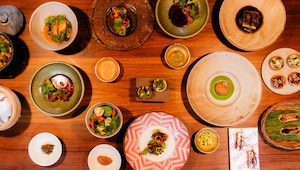
NAAR and Quintonil: Bringing a taste of Mexico to the Himalayas
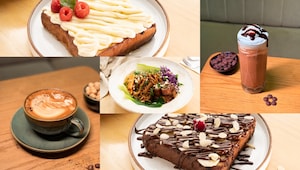
This Worli café is all about comfort, caffeine, and slow sips
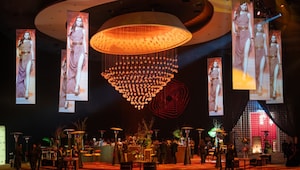
Elie Saab brings couture-inspired luxury residences to India

Not a drill: the plot of the third 'Game Changers' book about Ilya and Shane just dropped!
